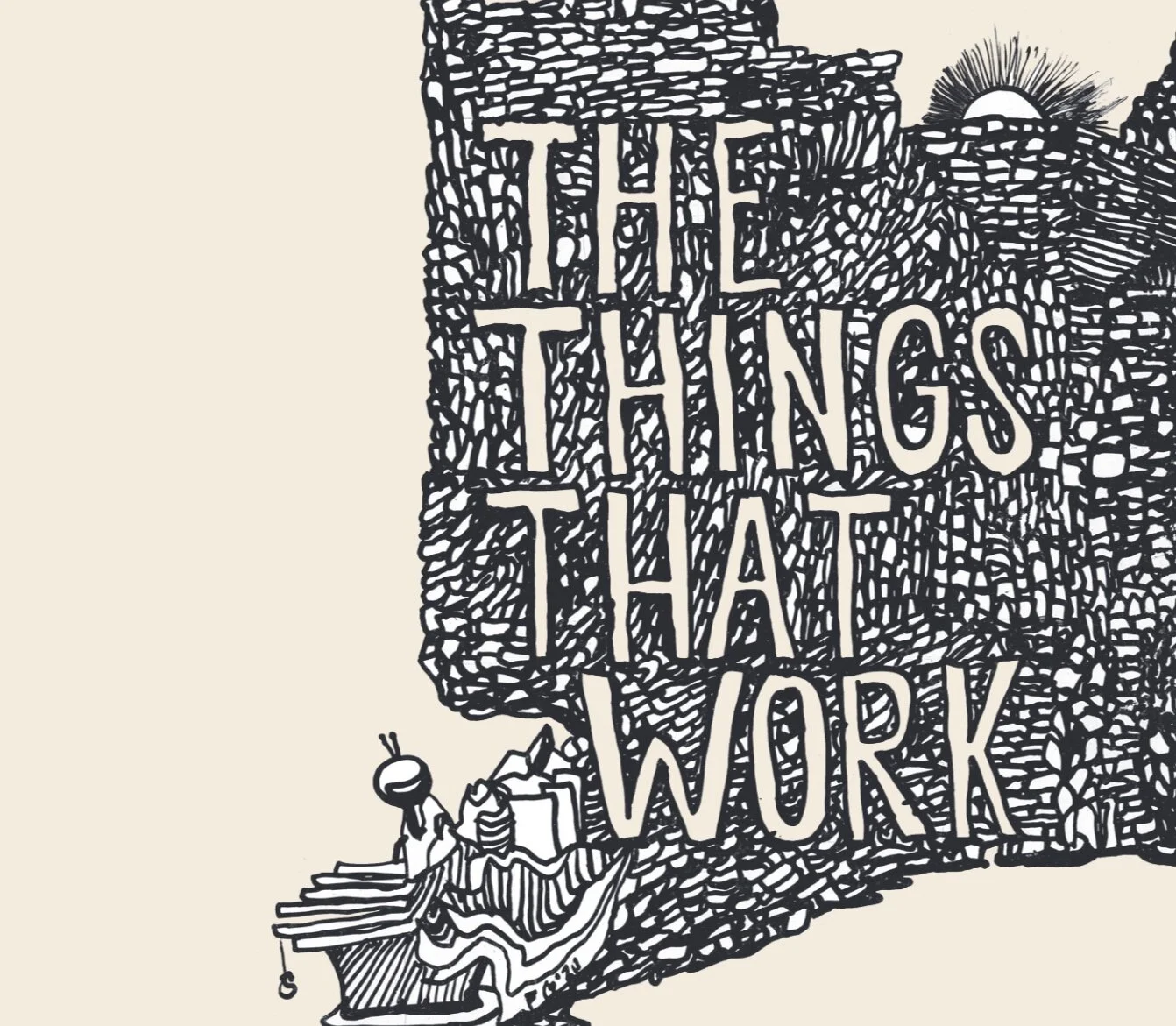A traveling and community engaging photo exhibition to disseminate nutrition-related uncommon but successful practices from and for rural communities in Khandwa and Barwani districts, Madhya Pradesh, India
Text by Nadine Bader, Seema Kurup, Marie Haas, Photos © GIZ SENU, India
Solutions to complex problems such as malnutrition which may be uncommon often already exist within a community among few families. They are just not “seen” as the focus rather lies on the problem and introduction of external solutions instead of looking for small deviations from norms that are already practiced by a few and lead to desired outcomes. The Positive Deviance (PD) approach encourages a community-driven process that identifies individuals, families or communities who, despite living in same or similar socio-economic circumstances, achieve better development outcomes than their peers. For example, a group of migrant families in a common neighbourhood may face severe impact on children's nutrition during seasonal migration, but few families are able to mitigate the same using uncommon practices and ensure better nutritional status of their children. The discovery of such uncommon practices and involvement of the community throughout the process lies at the core of the PD journey. The PD approach can be applied in any context and is especially useful in resource-poor communities that face multiple deprivations.
In November 2024, the GIZ Securing Nutrition, Enhancing Resilience (SENU) project in collaboration with the Department of Women and Child Development (DWCD) and supported by Eka - The Communicators' Collective, Welthungerhilfe (WHH), and district NGO partners SPANDAN and Pahal carried out a one of its kind traveling and participatory photo exhibition in Khandwa and Barwani districts to disseminate and promote the adoption of community-identified and -validated uncommon practices that support good nutrition of small children without the requirement of additional resources. These practices emerged from a comprehensive participatory research process which started in 2022 in the two districts.
For the dissemination of these practices, the combination of engaging visual art and guided dialogue formats was chosen. 13 adolescent girls from villages of the research process were mobilized to click the photos of the practices from their communities. In preparation, the adolescent girls participated in a three-day training on basic photography skills and to understand the Positive Deviance approach and its application in their villages.
In the subsequent collection of these photos, the adolescent girls were supported by Eka, Anganwadi Workers (AWWs) and NGO partners SPANDAN and Pahal.
The photo exhibition travelled across six villages in Khandwa and Barwani districts. Held for one day in each village, it attracted more than 120 people daily including mothers and fathers with young children, adolescents, grandparents, teachers, school children, Sarpanch, AWWs and supervisors, and local government officials. Even visitors from neighbouring villages participated enthusiastically, e.g. Self-help group (SHG) members who are part of SENU´s
Community Nutrition Garden initiative.
The set-up of the exhibition was organised in thematic areas in which the photos of the uncommon practices were displayed along with quotes. Thematic areas were e.g. gender roles and responsibilities, childcare and nutrition, maternal nutrition, and food production.
Facilitators guided visitors through the exhibition, providing deeper insights into the PD approach and catalysing dialogues around the showcased practices to stir reflections and awareness around adoption. These locally captured photos enabled the community members to relate to the practices which encouraged their adoption interest.
"I have some land in my front yard, and often would think of setting up a kitchen garden but the lack of water makes it difficult. But now, after seeing this exhibition with photos of a family that uses waste water for their garden, I will actually start doing it this Sunday."
"My father spends all his money on alcohol. I want to show him this photo of the nice father who is buying vegetables instead of alcohol."
"The decision to revive millet cultivation will require a community consensus. Single farm units cannot grow millets. Birds will eat it up. We will talk about this in our Gram Sabha."
Focus group discussions (FGDs) were also conducted alongside the exhibition, gathering insights into how participants perceived these practices and their willingness to integrate them into daily life. These discussions involved various groups, including AWWs, mothers, fathers, adolescent boys and girls, and SHG members.
Gender roles & responsibilities, and food production practices emerged as the most discussed topics, capturing significant attention and sparking lively engagement among the visitors and participants. For example, the photo which showcased that the daughter-in-law eats meals together with all family members sparked vibrant discussions and willingness to take it up. Further, the addition of moringa powder in meals to enrich them with iron motivated young mothers to make their own powder from dried moringa leaves immediately.
Many participants expressed a strong commitment to disseminating the uncommon practices and integrating these within their families and communities to drive meaningful change. The response of the community to this photo exhibition initiative encourages to take this way forward. The value of live, face to face interactions with the community in the age of digitalization, community connect and community immersion to learn about their views, solutions and to integrate the same in the process is important.
The SENU team thanks everyone involved in the planning and realisation of the traveling exhibition, the participating villages who provided a warm welcome and, of course, the many visitors to the exhibition. This initiative is part of SENU´s collaboration with DWCD on Social and Behaviour Change. A film of this process will be available. Furthermore, SENU and DWCD jointly developed and co-created with Anganwadi workers a tailored and contextualised toolkit to apply the Positive Deviance approach in their work. It includes a guidebook, workbook and tutorial film. 400 AWWs in the two districts are being trained until end of January 2025.

























